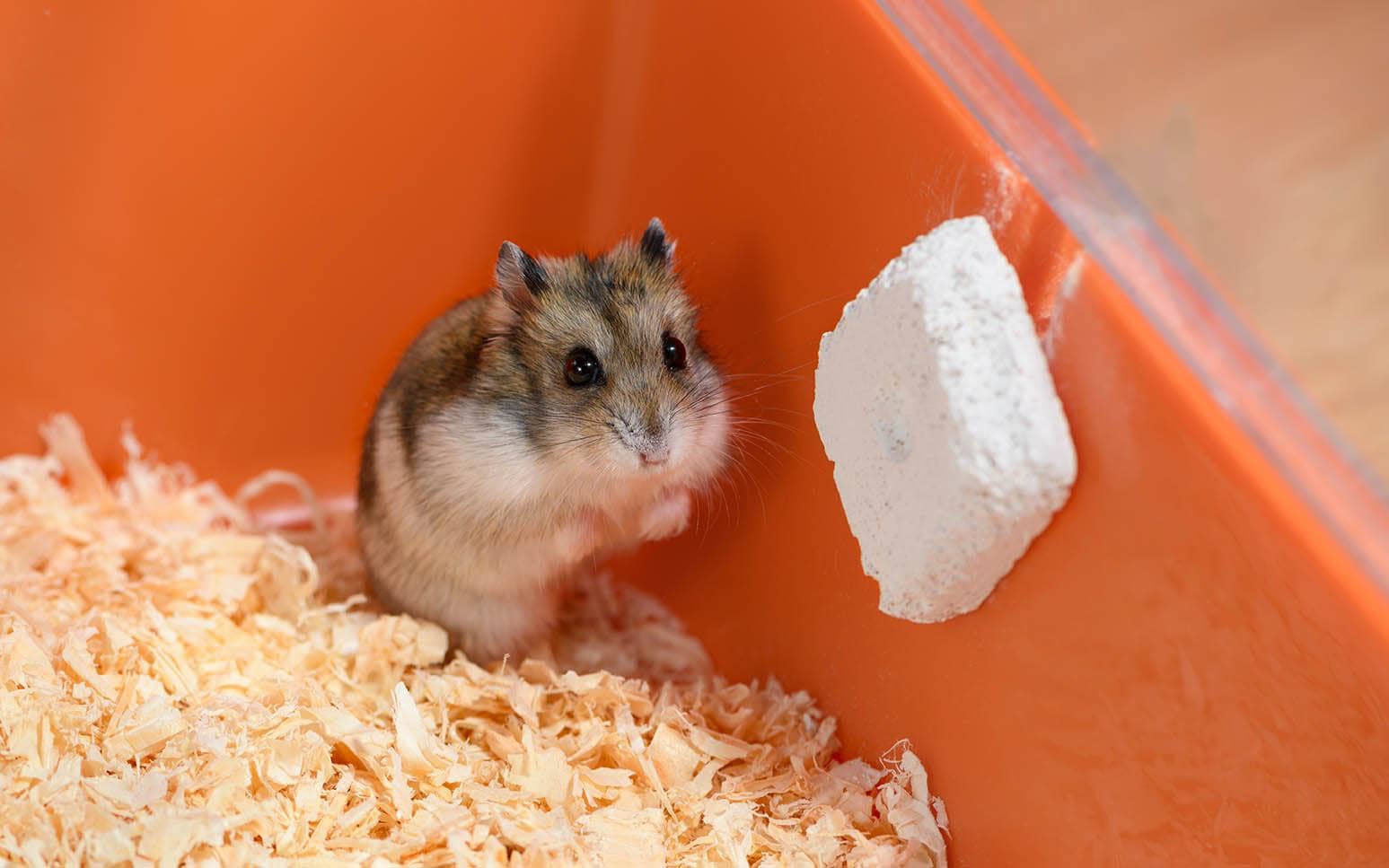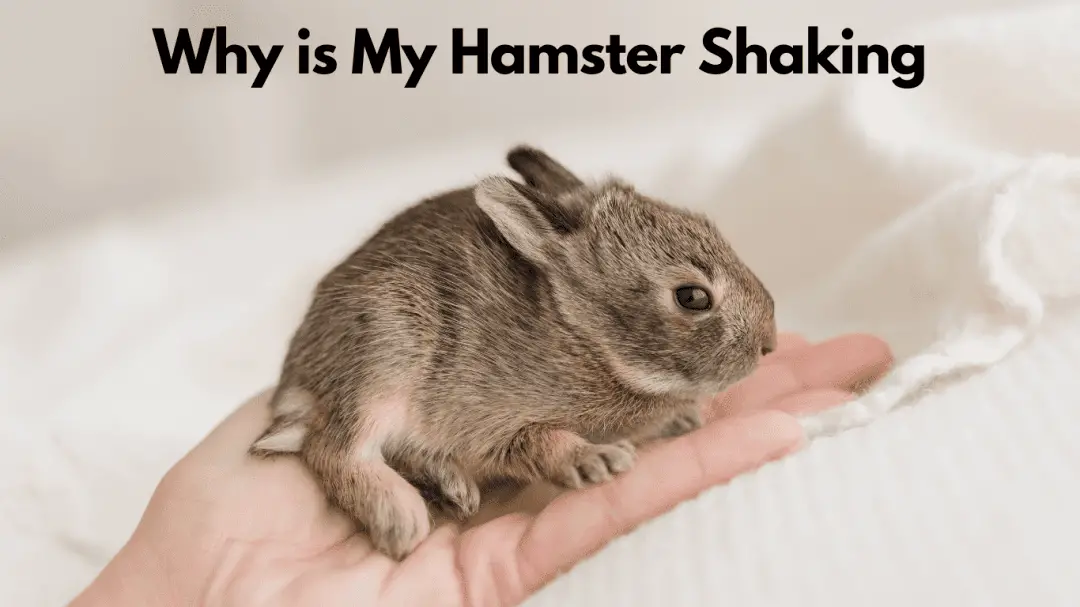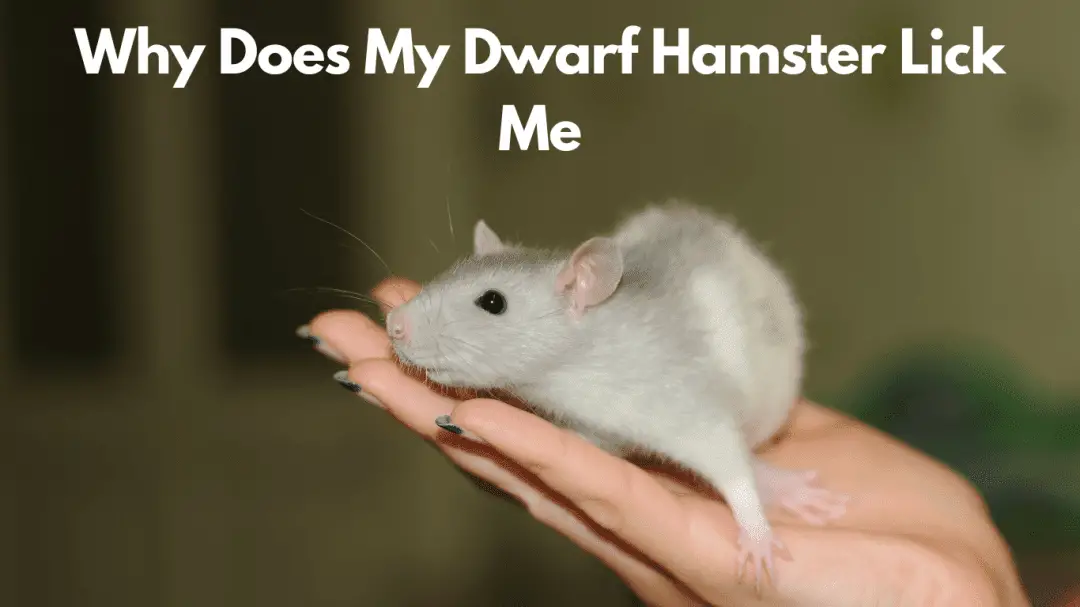I adopted my hamster, Oreo, from a pet store about two months ago. She’s an adorable little thing and I love her to death. Recently, however, I’ve noticed that she’s been twitching a lot.
It’s not constant, but it happens often enough that it’s become concerning. Why is my hamster twitching? Is she in pain?
Is something wrong with her?
If you’ve ever noticed your hamster twitching, you might be wondering what’s going on. Twitching is a common behavior in hamsters, and there are a few different reasons why they do it.
One reason why hamsters twitch is because they’re trying to get rid of something that’s bothering them.
This could be anything from a piece of food that’s stuck in their teeth to an itch that they can’t scratch. If your hamster is twitching and doesn’t seem to be able to stop, it’s probably best to take them to the vet to see if there’s anything wrong.
Another reason for twitching is simply because it feels good!
Hamsters are very flexible creatures, and they love to stretch their muscles. Twitching is a great way for them to do this, and it often looks like they’re dancing or having a seizure (which they’re not). If your hamster is just happy-go-lucky and enjoying a good twitch session, there’s no need to worry.
So, if you notice your hamster twitching away, don’t panic! It’s most likely nothing serious, and they’re just doing what comes natural to them.

Credit: petkeen.com
Why is My Hamster Twitching So Much?
If your hamster is twitching a lot, it could be a sign that something is wrong. Twitching can be caused by a variety of things, including stress, neurological problems, and even seizures. If you notice your hamster twitching more than usual, take him to the vet to get checked out.
What are the Signs of a Stressed Hamster?
If you notice that your hamster is acting differently, it may be a sign that they are stressed. Here are some common signs of stress in hamsters:
1. Sleeping more than usual: If your hamster is sleeping more than normal, it could be a sign that they are feeling overwhelmed and need some extra rest.
2. Hiding more often: If your hamster is spending more time hiding, it may be because they feel unsafe or threatened.
3. Loss of appetite: A loss of appetite can be a sign of stress in any animal, and hamsters are no exception. If your hamster isn’t eating as much as usual, it may be because they’re feeling anxious or down.
4. Grooming less: Hamsters typically groom themselves quite frequently, so if you notice that your hamster is grooming less, it may mean that they’re feeling stressed out.
5. pacing or circling: Pacing or circling is another common sign of stress in animals, and it can also indicate that a hamster feels trapped or claustrophobic. If you see your hamster pacing back and forth regularly, try giving them more space to roam around.
Do Hamsters Shake When Scared?
When a hamster is scared, it will often shake its body as a way of trying to relieve the fear. This shaking can be quite violent and may even cause the hamster to fall over. Hamsters may also emit a high-pitched squeak when they are scared.
What Does a Hamster Vibrating Mean?
There are many different interpretations to what a hamster vibrating could mean. Some believe that it is a way for the hamster to relieve stress, while others think it is a form of communication. It is important to note that there is no one definitive answer to this question.
Each hamster may exhibit different behaviors and it is up to the owner to determine what those behaviors mean.
One possibility is that your hamster is trying to relieve stress. Hamsters are known to be very active animals, and they often need an outlet for all their energy.
If your hamster is constantly running on its wheel or climbing around its cage, it may start to vibrate as a way of releasing some of that built-up energy. This behavior is usually harmless and nothing to be concerned about. However, if you notice that your hamster is starting to vibrate more frequently or vigorously, it might be a sign that something else is going on.
For instance, your hamster might be feeling anxious or stressed due to changes in its environment (e.g., new people or pets in the house) or because its cage isn’t clean enough. In these cases, try making some changes (e.g., provide more hiding places) and see if the vibration behavior decreases over time; if not, consult with your veterinarian for further advice.
Another possibility is that your hamster is trying to communicate with you or another animal in its environment.
Hamsters are relatively social creatures, so they may use vibration as a way of getting attention from others (including humans). For example, your hamster might start vibrating when it sees you approach its cage because it knows you’re going to give it food or attention – this would be considered a positive form of communication/attention-seeking behavior. On the other hand, if your hamSTER starts vibrations when another animal comes near its cage (e..g dog), this could be interpreted as a warning sign – i.
.e., stay away!
Conclusion
If your hamster is twitching, it could be a sign of a medical condition. A twitch can be caused by a muscle spasm, which can be caused by a variety of things including stress, anxiety, or even heat stroke. If your hamster is twitching, it’s important to take him to the vet to rule out any medical conditions.
- understanding hamster body language - April 22, 2024
- In The Wild: Exploring The Lives Of Wild Hamsters - April 22, 2024
- Leaky Bladders And Urinary Woes: Understanding Hamster Urinary Issues - April 22, 2024


